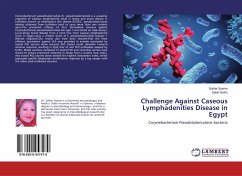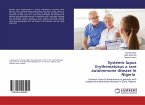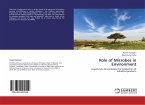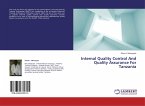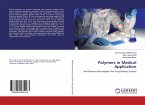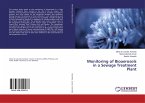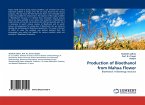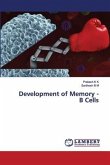Corynebacterium pseudotuberculosis (C. pseudotuberculosis) is a causative organism of caseous lymphadenitis (CLA) in sheep and acute disease in buffaloes known as oedematous skin disease (OSD).C. pseudotuberculosis isolates obtained from buffaloes tend to carry more than one virulent gene.The protective efficacy of four formulated vaccines against Corynebacterium pseudotuberculosis bio type 1 was tested on male sheep ( Local sheep bread Balady) from a herd free from caseous lymphadenitis (CLA) in Egypt using a virulent strain of C. pseudotuberculosis biotype 1 (Nitrate negative).Our results also have been showed that the most efficient vaccination against CLA was provided in animals vaccinated by toxoid PLD vaccine alone because PLD toxoid could stimulate humeral immune response resulting in high titer of anti PLD antibodies assayed by ELISA. Mixed vaccines composed of toxoid PLD and clostridial vaccine have shown to induce protective immunity in sheep from a virulent local strain. Also toxoid PLD vaccine alone evoked the highest stimulation index, which expressed specific lymphocyte proliferation response by a big margin with the other used combined vaccines.
Hinweis: Dieser Artikel kann nur an eine deutsche Lieferadresse ausgeliefert werden.
Hinweis: Dieser Artikel kann nur an eine deutsche Lieferadresse ausgeliefert werden.

